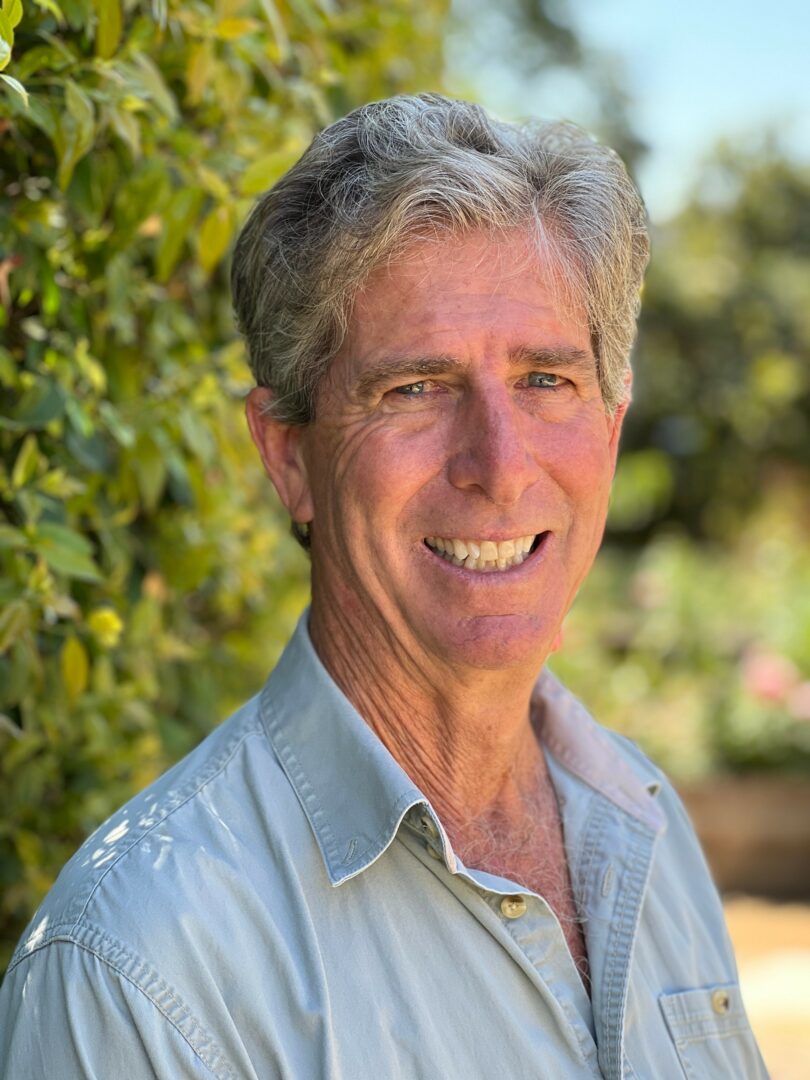Alright – so today we’ve got the honor of introducing you to Bill Toone. We think you’ll enjoy our conversation, we’ve shared it below.
Hi Bill, great to have you with us today and excited to have you share your wisdom with our readers. Over the years, after speaking with countless do-ers, makers, builders, entrepreneurs, artists and more we’ve noticed that the ability to take risks is central to almost all stories of triumph and so we’re really interested in hearing about your journey with risk and how you developed your risk-taking ability.
I learned a lot in my early years in conservation that weren’t taught in school – among them I learned the power of the media in driving important discussions and informing our community about critical decisions.
Among my on-the-job discoveries I found risk-taking to be a great way of getting media attention and sculpting and telling a story. Like most people I am inherently risk averse. To tell the story it is important that you live until the end of it — often a challenge in field work, in places like Paraguay, Madagascar, and Papua New Guinea. In quiet ways I was always reasonably careful… but often a bit on the edge.
I have a good friend and PR advisor, Tom Hanscom, who is quite bright and very media savvy. Knowing the story I hope to tell I share my ideas with Tom. He told me recently that out of every 10 ideas, I have 9 stupid ones and one great. Tom has helped me turn stories into successes, and successes into stories, for more than 40 years. Stories inspire, gain attention, and garner support.
In the end, taking risks can get addictive, and require certain guardrails in place. More often than not the story I end up with is not the one I went looking for — and therein lays the beauty and reward of taking a risk: wonderful surprises. Some that have profoundly changed my life, and I dare say, have made subtle but significant changes in conservation.
Risk can be defined in many ways – but if you are looking to grow, take a risk and keep an open mind to what comes from that risk. Remember that if it always turns out the way you expected, you didn’t take a risk.
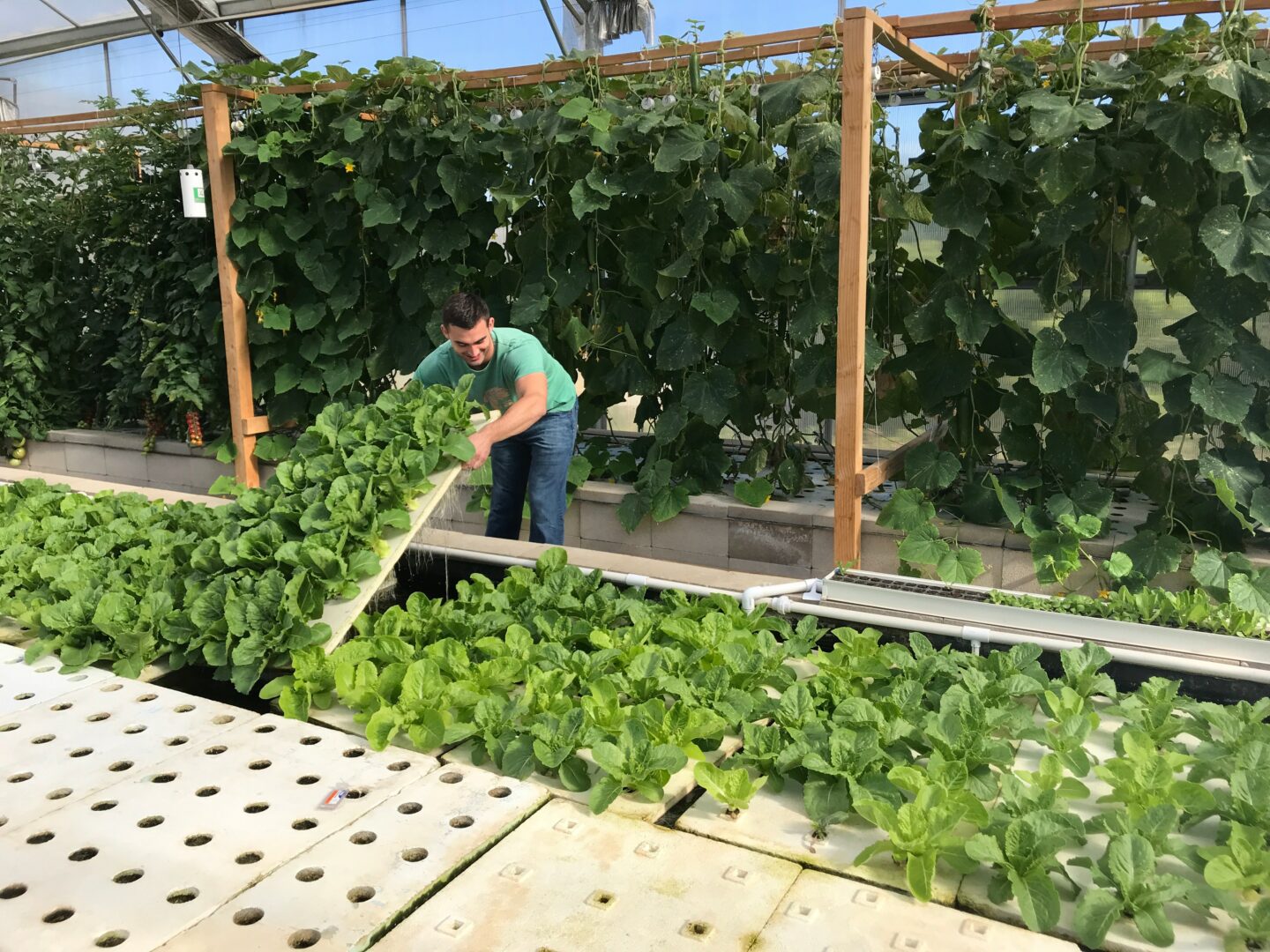
Thanks for sharing that. So, before we get any further into our conversation, can you tell our readers a bit about yourself and what you’re working on?
I am the founder of ECOLIFE Conservation, a successful nonprofit creating a new model for conservation. Today, single species conservation is liking grabbing at droplets of water while a dam is breaking. Landscape scale conservation is failing across the globe as our need for resources grows. Underserved communities lack access to health care, birth control and so much more.
There are two very critical and equally surprising factors driving species extinction and compromising human health and the climate, First is agriculture – a primary driver of climate change and habitat loss – these to impacts drive species extinctions on a global level. It is critical for us to more closely examine how we produce our food and too often conservationists are uninterested. Second is indoor cooking fires in developing countries. The smoke from these fires kill more people than any other disease or accidents. These open and inefficient fires contribute significantly to climate change. The ubiquitous harvest of fuel is also a significant cause of habitat loss and species extinctions.
How important are they? California and Arizona produce more lettuce than any country in the world with the exception of China. By simply using aquaponics to grow lettuce and nothing more we could reduce the amount of land used for this type of farming by 90%. As importantly we could reduce the amount of water used for this crop by 90%. Finally using aquaponics protein is produced in the form of fish making another important contribution to conservation. When it comes to indoor cooking fires there are two simple facts that make this a huge priority. A simple, efficient chimney could save countless lives and improve health to a degree where more children could be in school and able to concentrate. By making these fires 50% more efficient we can protect hundreds of millions of trees annually. Finally, if every person who needed one used a stove that met these simple criteria it would have the climate impact of removing every car from the road in the United States, Canada and Europe.
Neither the concept or the organization would have come about without risk-taking. To abandon a career based on single-species conservation I had to take a risk.
I accepted a position that I simply did not have the skills it required. It required being posted in a very remote village in Madagascar. I am not an anthropologist and was not prepared for the challenges of integrating into a very remote and isolated community. If it were not for a little boy who befriended me, I would have failed completely. We became very close friends and he helped me to integrate over a 3 year period. When my wife and I left for the last time, his parents gave us their little boy – wanting us to take him for a better life. We had to leave him behind. Only 5 months later a huge storm destroyed the village killing many people.
Because of my affection for this little boy, his family and the community I wanted to help. The conservation community that had supported our work said no. It did not fall within their mission of conservation as they defined it. This was not the anticipated outcome of my journey – I needed to help people. I needed to re-examine my career (hopefully without abandoning it). The outcome was ECOLIFE Conservation and a productive, measurable way to implement conservation.
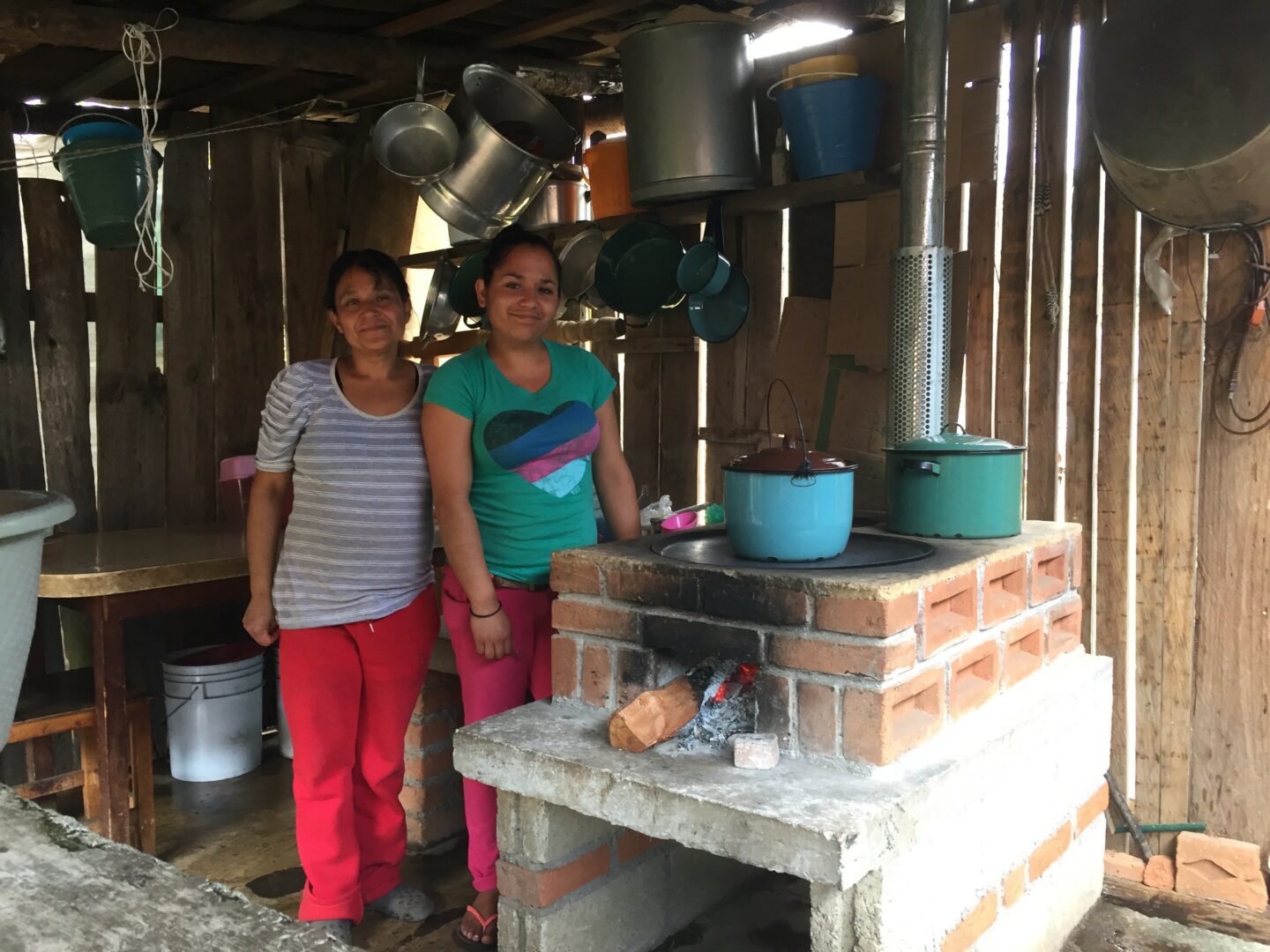
If you had to pick three qualities that are most important to develop, which three would you say matter most?
I am passionate. Following your heart with a passion allows you to be tireless.
Critical thinking combined with passion allows you to be effective. I don’t use a lot of the equations I learned in college and graduate school but I was thought how to think critically and I have always retained that lesson.
Willingness to take risks and change in response to new data allows you to stay ahead of the game.
Do what you love with passion, careful thought and openness to new ideas and success is yours for the taking.
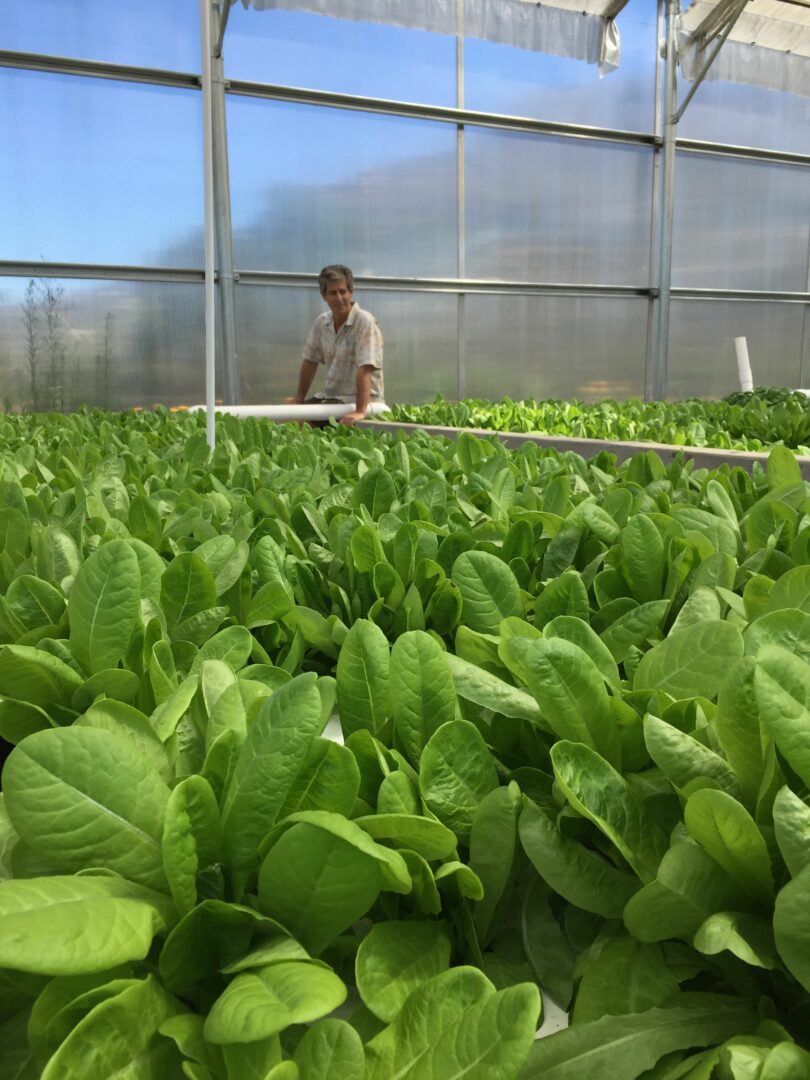
Who has been most helpful in helping you overcome challenges or build and develop the essential skills, qualities or knowledge you needed to be successful?
This is an important but difficult question – it really “takes a village”. I feel like I have had some wonderful successes but not one of them is “mine”. Some I was part of, some I got to lead but all of them were made possible by others.
My mom and dad were hugely supportive of anything I was fascinated by whether they understood it or not. More than once a teacher or a professor went above and beyond the call of duty to help me succeed. Colleagues and friends picked up where teachers left off and without ego, they always had my back. Most of all, a great lover – my partner in life who simply makes everything possible.
Contact Info:
- Website: https://www.ecolifeconservation.org
- Instagram: https://www.instagram.com/ecolifeconservation/
- Facebook: https://www.facebook.com/ecolifeconservation
- Linkedin: https://www.linkedin.com/company/ecolifeconservation/posts/?feedView=all
- Youtube: https://www.youtube.com/@ECOLIFEConservation
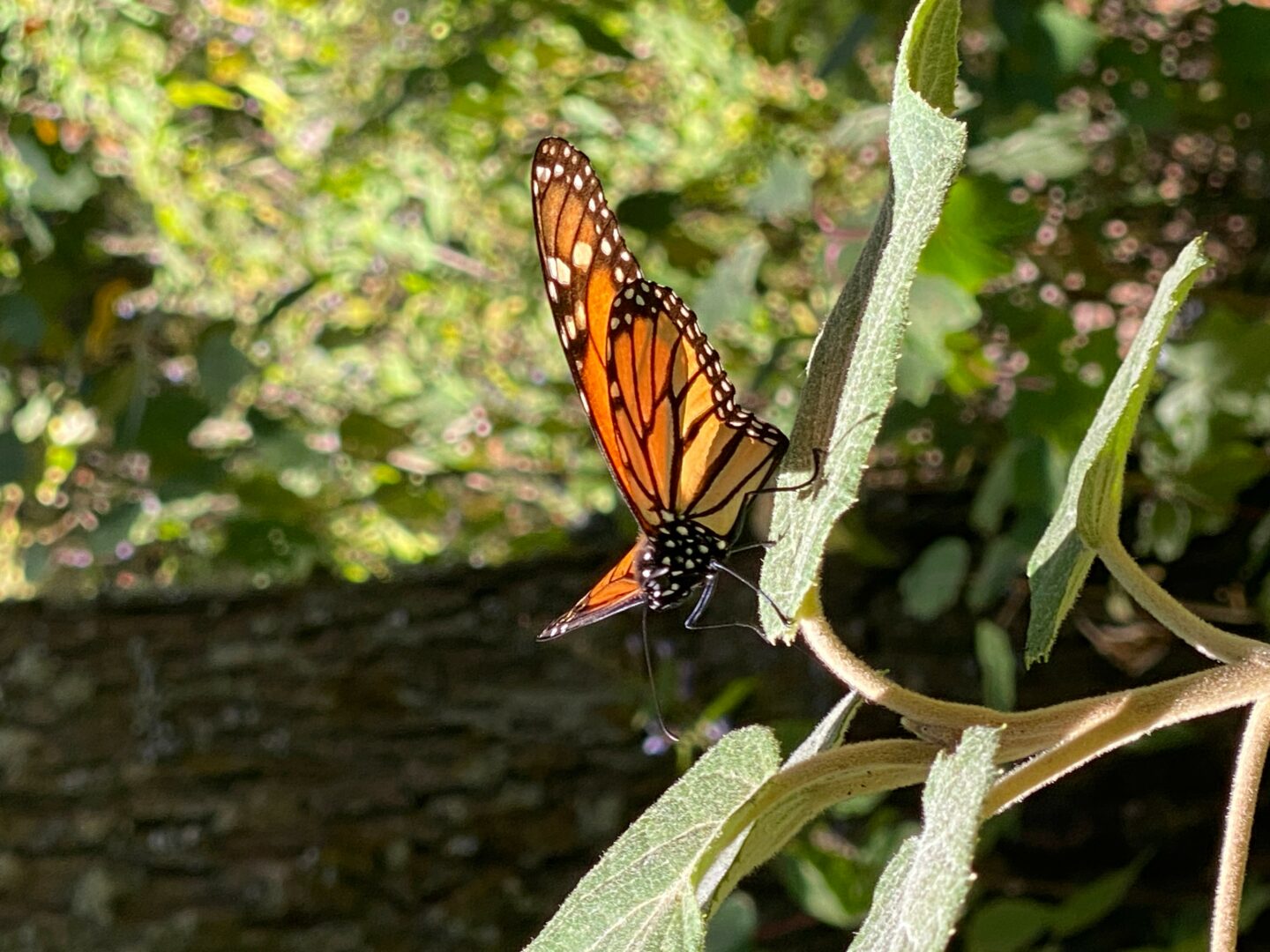
Image Credits
Bill Toone
Sunni Black
so if you or someone you know deserves recognition please let us know here.

